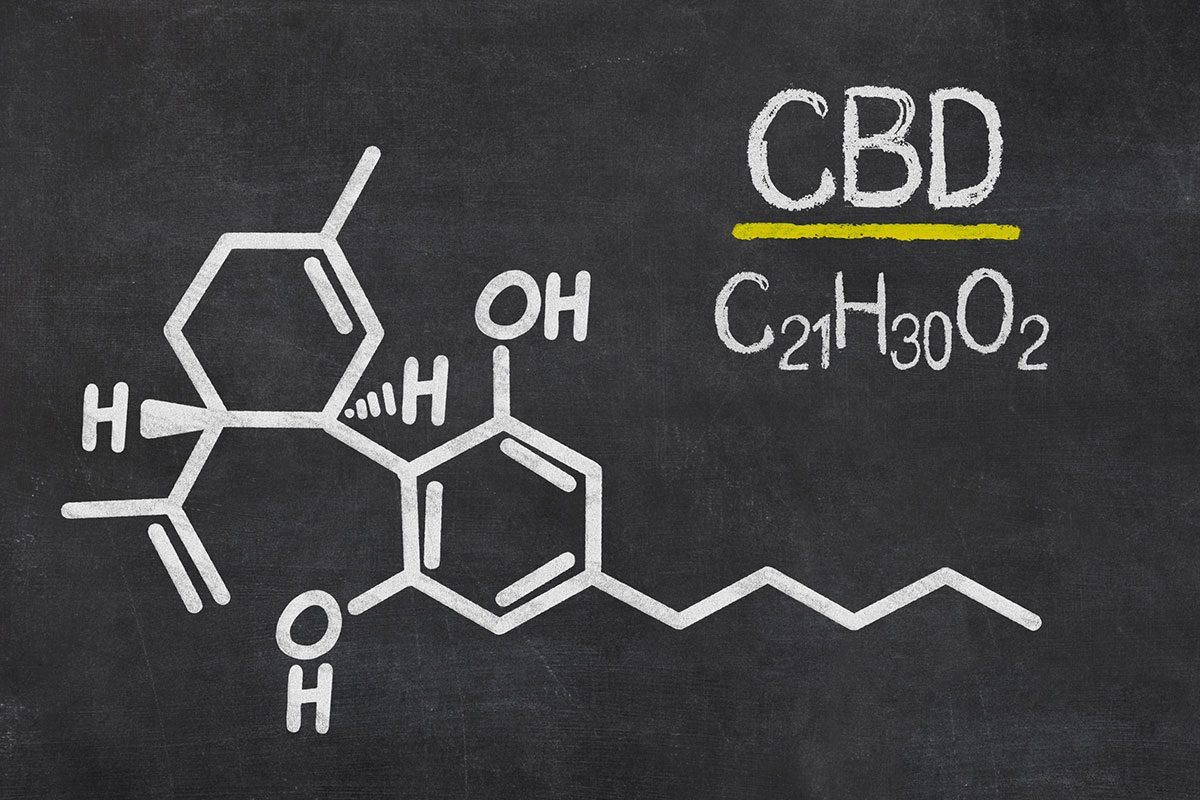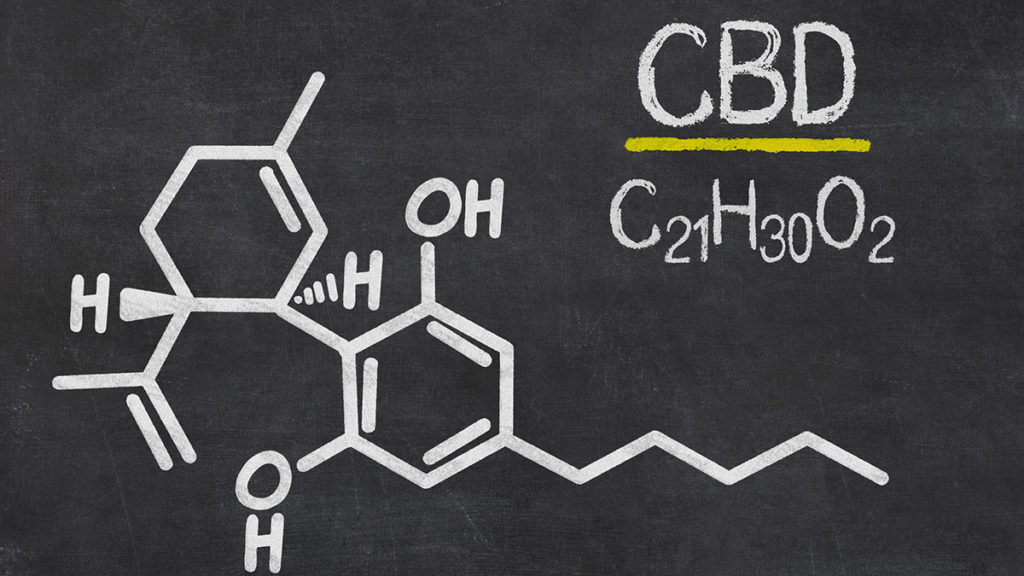
A version of this story first appeared on Marijuana Business Daily.
Consumer demand has been pushing the THC potency of herbal marijuana upward for decades — but that increased potency does not extend to CBD levels, a new study has found.
The systematic review and meta-analysis of studies between 1970–2017 found levels of THC increased each year by 0.29 percent in herbal cannabis, from less than 6% in the 1970s to well over 14% by 2017, confirming what others have found.
But the levels of CBD did not change in either herbal cannabis or cannabis resin between 1992–2017.
The therapeutic benefits of CBD and the ability to bypass regulations prohibiting the growth of high-THC cannabis have led to the recent development of cultivars that are low THC/high CBD.
There is evidence that CBD attenuates some of the effects of THC, most notably the acute psychotropic effects, which has led to recommendations that consumers use products with low-THC content and prefer products with a high CBD:THC ratio.
The authors found 12 observational studies that met their criteria, from consumers in the United States, the UK, some European countries and New Zealand.
While there have been numerous country-specific studies of the changes over time in THC and CBD levels in herbal cannabis, this study is the first to look at global data up to 2017 for both herbal cannabis and cannabis resin.
Among the factors influencing THC content, cannabis genetics has the greatest impact.
Plant genetics is responsible for the three most prevalent chemotypes: high THC/low CBD, low THC/high CBD and a balanced mix of moderate levels of THC/CBD.
Other factors that impact cannabinoid content are growth conditions—light, plant density, and environmental stressors—that cultivators are constantly refining.


